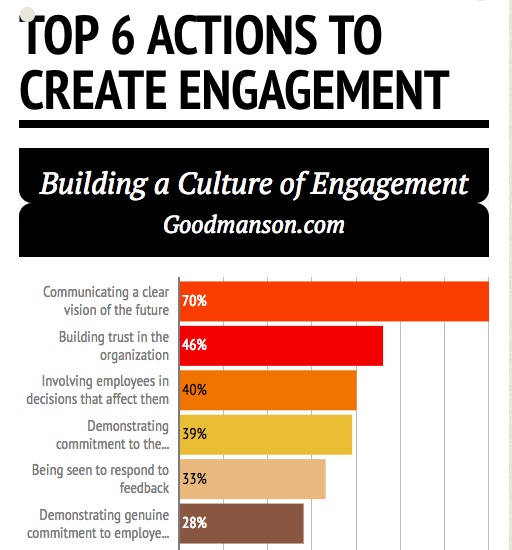 The post Hollywood: Turning the Christian Faith into a Marketing Gimmick continues to gain steam as people take sides on the use of marketing/art and the church. There are a lot of strong opinions on this. In a related post at Church Marketing Sucks, Your Church, sponsored by Crest White Strips, points to Wharton's online business journal, Knowledge@Wharton and an article last month "about the increasing amount of products and services being marketed in partnership with churches". The article points to an opportunity for businesses to tap into a "network or "word-of-mouth" marketing, a strategy that capitalizes on social relationships to spread product information and influence purchasing…Pastors make "great connectors," adds Wharton marketing professor Christophe Van den Bulte, "because they reach a large audience once a week, and their words carry extra weight."
The post Hollywood: Turning the Christian Faith into a Marketing Gimmick continues to gain steam as people take sides on the use of marketing/art and the church. There are a lot of strong opinions on this. In a related post at Church Marketing Sucks, Your Church, sponsored by Crest White Strips, points to Wharton's online business journal, Knowledge@Wharton and an article last month "about the increasing amount of products and services being marketed in partnership with churches". The article points to an opportunity for businesses to tap into a "network or "word-of-mouth" marketing, a strategy that capitalizes on social relationships to spread product information and influence purchasing…Pastors make "great connectors," adds Wharton marketing professor Christophe Van den Bulte, "because they reach a large audience once a week, and their words carry extra weight."
In the Church Marketing Sucks post, Brad Abare endorses this opportunity as he writes:
This is not about increasing revenue for the sake of money, it's about pursuing ways to expand the Kingdom of God here on earth. If Jiffy Lube wants to sponsor a sermon series about the road less traveled, imagine the exposure and curiosity that is piqued from the very people you want to be inviting to church in the first place.
This post has attracted several comments of support and active opposition to the idea. Brad argues that if churches became the 'cultural centers' they once were, how might that change the way businesses operate. This is dangerous and messy stuff to think about. Many will reject this relationship as a return to Constantinianism that failed to promote an authentic faith.
Yet, talking with many church planters, they speak about creating churches that are shaping the culture, science, art and media. Redeemer has it's Faith & Work center and Keller often preaches that to change a culture you can't just change an accountant, you must change the accounting industry. So should churches seek out this type of 'sponsorship' and partnerships with businesses? I think the question we need to answer is, where is it going too far? Churches are filled with informal networks of people marketing to one-another, but is it too far for a church to partner/endorse products or companies based on the companies values and ethical practices that are rooted in our cultural mandate? In our culture steeped in a consumerism driven by wants, its hard to imagine this happening in a way that is anything less than really creepy for a church. But at the end of the day if our church could influence economics, industry and business practices, I would not be opposed to it as long as it was done for the sake of the gospel. But this is a slippery slope that I'm afraid many churches will lose their integrity within the local community as they are seen as sell outs with nothing more than commercial interests in mind.

